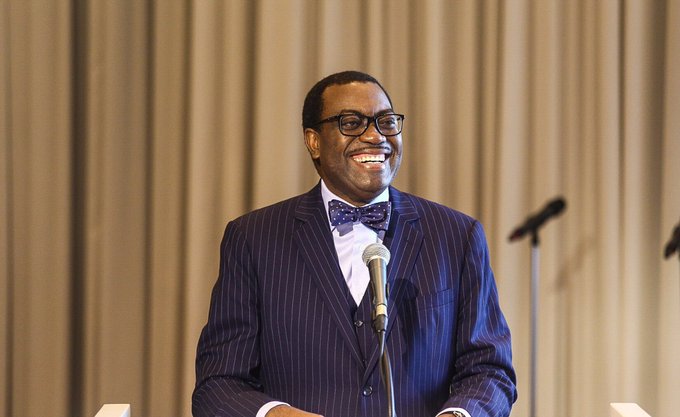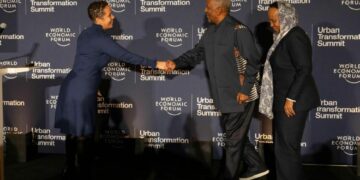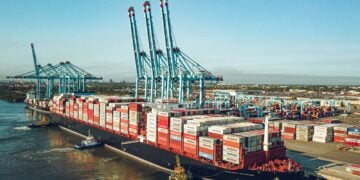The incoming World Bank president can take a cue from the development oriented and impactful initiatives of the president of the African Development Bank (AfDB), Dr. Akinwumi Adesina, the CEO of Development Reimagined, an independent African-led international development consultancy based in Beijing, Hannah Ryder, has said.
In a document obtained by our correspondent from AfDB, Ryder, a former diplomat and economist with 20 years of experience, including on projects in China, Ethiopia, Rwanda, Nigeria and Indonesia and Korea said “the new head of the world’s largest development bank could take a leaf out of the books of the presidents of the African Development Bank and Asian Infrastructure Investment Bank.”
According to her, “The US has nominated Indian-American business executive Ajaypal Singh Banga to be the next president of the World Bank, making his appointment by the Bank’s board all but certain. All eyes in the development finance community will be peeled for indications of what he will focus on.
“However, since Banga has never worked in an multilateral development bank (MDB), let alone run one, I have one piece of advice for him before he decides on his approach. He should speak to Akinwumi Adesina, president of the African Development Bank (AfDB).
“For instance, over the 2019-20 fiscal year (mostly before the Covid-19 pandemic), the World Bank disbursed $14.5 billion to Africa, but only a small proportion of this went to building new infrastructure.
the AfDB disbursed $5.1 billion, the vast majority of which went to infrastructure.
“This was the right thing to do – infrastructure is crucial. Take Africa – a continent over three times the size of China and nine times the size of India, yet with a fraction of the logistical and energy infrastructure needed to be able to trade efficiently, let alone manufacture pharmaceuticals on the scale that China and India do to ensure their health sovereignty.”
Ryder who was named one of 100 most influential Africans in 2021 said the continent exports more fertiliser than it imports, despite its need to improve the quality of food production. This is partly because the existing logistical infrastructure, which the World Bank provides small loans to “rehabilitate”, is mostly oriented to trade outside Africa.
“Whether or not Banga decides that infrastructure is a priority for the Bank, it will be crucial for him to understand how the AIIB and AfDB – as well as other regional MDBs – are delivering better finance for their regions in times of crisis,” she said.
The AfDB is also obliged to rely less on country teams – though it does have them – but in comparision with the World Bank its staff are more diverse, with different theories about development, and its board structure is more recipient-dominated.
Will Banga be able to direct the bank to make a greater contribution to finally growing that proportion? Learning from the regional banks (like AfDB) will make that possibility more feasiblele, Ryder said.





